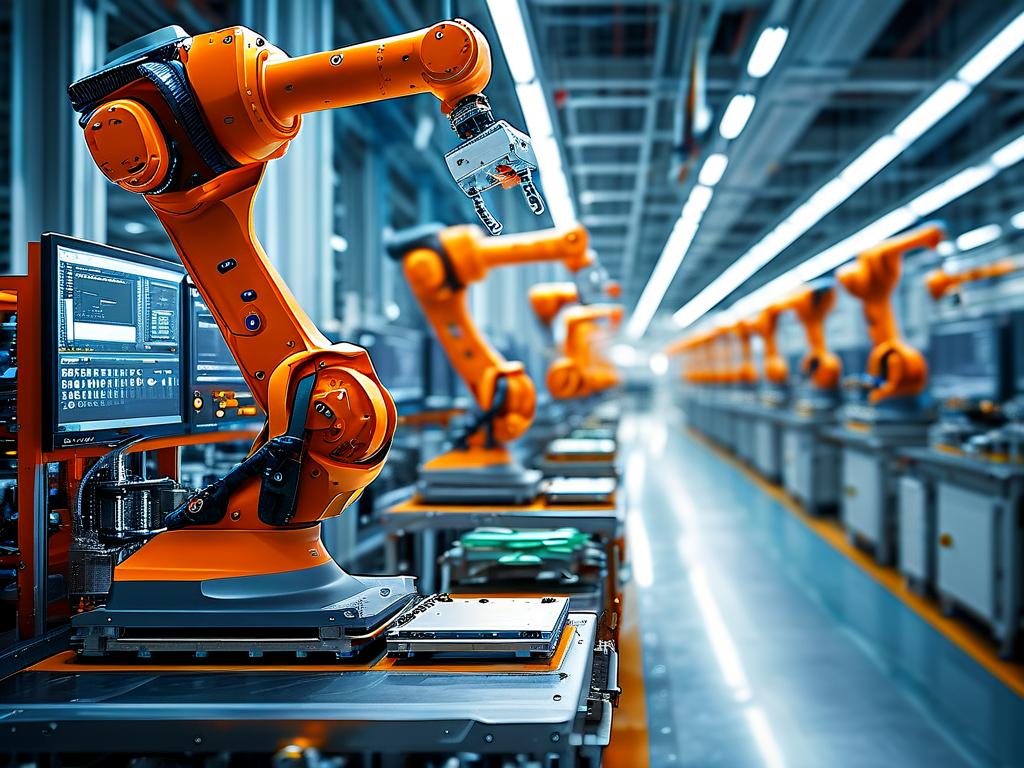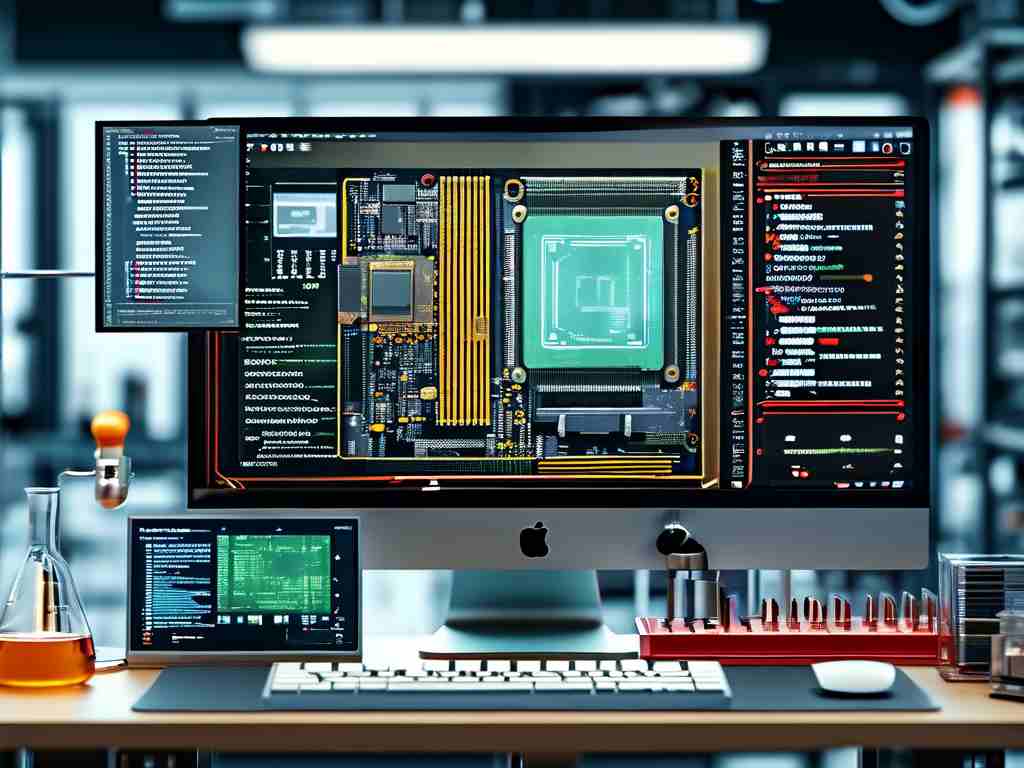Foshan, a vibrant city in China's Guangdong Province, has emerged as a pivotal hub for embedded development and production, leveraging its robust manufacturing ecosystem to drive innovation in smart technologies. As global demand for integrated hardware-software solutions surges, Foshan's strategic advantages—such as proximity to supply chains, skilled workforce, and supportive government policies—position it uniquely in the competitive landscape. This article explores how the city is transforming traditional industries through embedded systems, highlighting real-world applications, challenges, and future prospects.

Embedded systems refer to specialized computing devices designed for dedicated functions, often embedded within larger products like home appliances, automotive components, or industrial machinery. Unlike general-purpose computers, these systems prioritize efficiency, reliability, and low power consumption, making them ideal for mass production. Foshan's journey began decades ago with its strong foundation in electronics manufacturing, but recent years have seen a shift toward high-value embedded development. Local companies, such as those in the Shunde District, now collaborate with international partners to create cutting-edge solutions. For instance, a leading firm developed an IoT-enabled air conditioner controller that optimizes energy use through real-time data processing. This innovation not only reduces carbon footprints but also cuts operational costs for consumers, showcasing Foshan's role in sustainable tech advancement.
The city's success stems from several key factors. Geographically, Foshan benefits from its location in the Pearl River Delta, a global manufacturing powerhouse with access to raw materials, logistics networks, and export channels. This reduces lead times and costs for embedded component production. Moreover, the local government has implemented initiatives like tax incentives and R&D grants to foster startups and established players alike. Universities and vocational schools in the region offer specialized programs in embedded engineering, ensuring a steady pipeline of talent. For example, Foshan University partners with tech giants to provide hands-on training, bridging the gap between academia and industry. However, challenges persist, including intellectual property protection and the need for continuous skill upgrades amid rapid technological changes. Companies must navigate these hurdles by investing in secure development practices and employee upskilling.
In practice, embedded development in Foshan spans diverse sectors. The home appliance industry, a traditional strength, has evolved with smart refrigerators and washing machines that incorporate embedded processors for automation. Similarly, automotive electronics have gained traction, with firms producing embedded control units for electric vehicles that enhance safety and performance. A notable case is a Foshan-based manufacturer that integrated embedded sensors into industrial robots, enabling predictive maintenance and reducing downtime in factories. This not only boosts productivity but also aligns with global trends toward Industry 4.0. To illustrate the technical side, consider this simple code snippet for an embedded temperature monitoring system, written in C—a common language in such applications. This demonstrates how developers in Foshan might implement basic functionality:
#include <avr/io.h>
#include <util/delay.h>
int main(void) {
DDRB |= (1 << PB0); // Set PB0 as output for LED
while(1) {
PORTB |= (1 << PB0); // Turn LED on
_delay_ms(500); // Delay for 500ms
PORTB &= ~(1 << PB0); // Turn LED off
_delay_ms(500); // Delay for 500ms
}
return 0;
}
This code, typical for microcontrollers like Arduino or AVR chips, blinks an LED as a foundational step in embedded prototyping—reflecting the hands-on approach prevalent in Foshan's labs.
Looking ahead, Foshan's embedded development production faces exciting opportunities. With the rise of AI and 5G, embedded systems are becoming smarter and more interconnected, opening doors for innovations in smart cities and healthcare devices. Local authorities are piloting projects like embedded traffic management systems to reduce congestion, while startups explore wearable health monitors for aging populations. Yet, sustainability remains a priority; companies are adopting green manufacturing techniques to minimize e-waste. As global supply chains evolve, Foshan must also adapt to geopolitical shifts by diversifying markets and enhancing quality standards. Ultimately, the city's collaborative spirit—uniting factories, developers, and policymakers—ensures it remains at the forefront of embedded tech, driving economic growth and technological progress well into the future. This dynamic environment not only benefits the region but also sets a benchmark for embedded development hubs worldwide.









